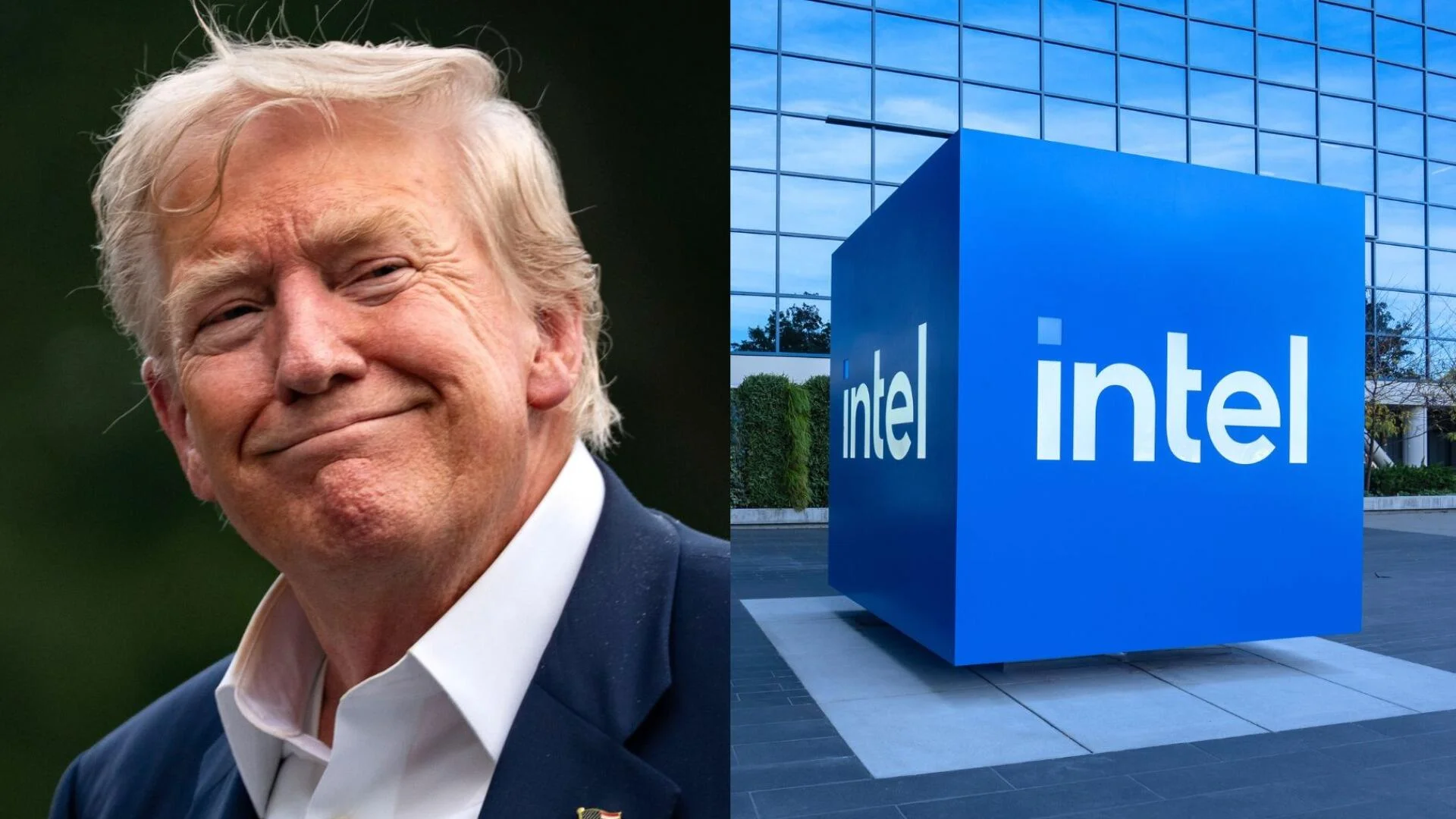Telecom
ngCERT Issues High Alert to Nigerians Using Android Phones

Nigeria Computer Emergency Response Team (ngCERT) has raised alarms over a new wave of advanced cyberattacks targeting Android mobile phones through a malware campaign dubbed Tria Stealer.

The malicious software is designed to infiltrate Android devices, hijack messaging accounts, intercept One-Time Passwords (OTPs), to steal sensitive personal and financial data.
According to ngCERT, Tria Stealer spreads primarily through deceptive tactics, such as fake event invitations distributed via popular messaging platforms like WhatsApp and Telegram.
Unsuspecting users are enticed to download an infected (APK) file, often disguised as a harmless system application, to evade detection.
Once installed, Tria Stealer requests extensive permissions, including access to SMS, call logs, and app notifications.
It immediately commences data harvesting activities, sending stolen information to a Command and Control (C2) server operated via Telegram bots.
This trojan spreads through fake links, usually disguised as wedding or event invites, and tricks users into downloading malicious APK files
“Account takeover of messaging platforms. Impersonation of victim for fraudulent money transfer requests. Compromise of banking and financial applications. Identity theft and credential harvesting.”
In plain terms, if your phone is compromised, the consequences could be catastrophic.
Your financial apps are vulnerable, your reputation could be ruined by impersonation and even simple personal messages could be twisted into tools for scams.
Here’s what users should be doing now:
Don’t download apps outside the official Play Store.
Be suspicious of random invites or links, even from people you know.
Turn on 2FA for everything—banking, emails, social platforms.
Get a reputable antivirus and keep it updated.
If you run an organisation, you should already be taking this seriously.
ngCERT’s guidance says you should raise awareness, monitor mobile devices, and not let your team click on unverified links.
“Deploy network monitoring for suspicious outbound connections to known C2 domains,” it said, meaning, keep an eye on every digital door in and out.
This isn’t one of those cases where you wait to see if it affects you. By the time you realise it, it may already be too late.
Telecom
Digital Realty Commits to Africa’s Digital Transformation @ Launch of LKK2 Data Center

Engr. Ike Nnamani, chief executive officer, Digital Realty Nigeria has described the launch of LKK2 Data Centre as demonstration of his company’s commitment to Africa’s digital transformation, delivering infrastructure and connectivity that fuel innovation and economic growth as data volumes soar and digital initiatives accelerate.

He stated this at the launch of LKK2 Data Centre in Lagos over the weekend, noting that the infrastructure will give enterprises and content providers the capacity to grow scale and connect anytime anywhere, bringing Sub Sea cable systems closer to businesses and integrating seamlessly with global cloud and network ecosystems.
“Digital Realty powers West Africa to embrace a new era of connectivity, reducing latency, improving performance and unlocking opportunities for millions of users locally and around the world, designed and built to Tier 3 plus standards.
“The LKK2 data center delivers world class performance and reliability. It features a 2-megawatt load with 1260 square meters of IT space. Digital Realty not only enabled global connectivity, but also sparked local transformation. Over the past two years, new jobs have been created. Residential estates have emerged, and the community has attracted fresh investments.
“Today, a 50-megawatt independent power plant by Mecca energy is under construction, and beach resorts and businesses are springing up, driving economic growth and new opportunities for local citizens.
“This transformation is proof that Digital Realty work goes beyond data centers by investing in infrastructure that empowers both people and businesses, the company is shaping not just Nigeria’s digital future, but also the social and economic fabric of its communities and as Africa takes bold steps into the next decade of digital growth, Digital Realty remains committed to being the foundation where companies, technologies and data come together to drive progress. Digital Realty is the meeting place for companies, technologies and data,” he said.
This new facility integrates with ServiceFabric®, Digital Realty’s global interconnection and orchestration platform, ensuring low-latency, high-throughput connectivity to local, regional, and international destinations. Through ServiceFabric®, LKK2 will interconnect with LOS1, the region’s top internet peering point, and LOS2, Digital Realty’s highly connected data centers located on Victoria Island in Lagos.
Together, this ecosystem delivers robust resilience, redundancy, speed, and scale for enterprise and hyperscale customers seeking to expand into a fast-growing digital market, ensuring continuous, reliable operations.
Telecom
NITDA Alerts Nigerians to eSIM Security Flaw Deployed to Hijack Devices Worldwide

National Information Technology Development Agency (NITDA) has issued a public alert over newly discovered critical security vulnerability in embedded SIM (eSIM) cards, now being deployed by attackers to potentially hijack phone numbers or subscriber data, intercept communications, and deploy malicious applets.

The vulnerability affects more than 2 billion devices globally and poses significant risks to communications security.
In a statement at the weekend, the Agency warned that the flaw could expose billions of smartphones, tablets, wearables, and Internet of Things (IoT) devices worldwide to large-scale cyberattacks.
According to the agency, the flaw originates from the use of the GSMA TS 48 Generic Test Profile (versions 6.0 and earlier), widely used in radio compliance testing of eUICC (Embedded Universal Integrated Circuit Card) chips.
NITDA noted that if the vulnerability is exploited, attackers could gain physical or even remote access to targeted devices, enabling them to install malicious applets, extract sensitive cryptographic keys, and even clone eSIM profiles.
It added that this could lead to widespread interception of communications, persistent device control, and the deployment of stealth backdoors at the SIM card level.
eSIM or embedded SIM is a digital SIM that enables customers to access the same functionality as someone using a physical SIM.
It is seen as the next step in the evolution of Subscriber Identity Modules (SIM cards) as it is designed to deliver unprecedented freedom and flexibility.
Unlike the physical SIM, users do not need to insert an eSIM into their phone as it is already built into the smartphone, device or wearable.
To mitigate the risks, device manufacturers and service providers have been urged to immediately apply Kigen OS patches via over-the-air (OTA) updates to restore the integrity of affected eUICCs.
In addition, the agency advised stakeholders to adopt the latest GSMA TS.48 version 7.0 standard and remove all legacy test profiles that may expose devices to malicious applet installations.
NITDA emphasised that swift action is critical to blocking exploitation paths, enforcing updated security controls, and safeguarding users from what could become one of the most far-reaching cybersecurity threats in recent years.
The eSIM journey in Nigeria started in 2020 with the Nigerian Communications Commission (NCC) approving MTN and 9mobile to commence a trial of the technology.
The trial was to run for one year and it involved testing 5,000 e-SIMs by the two networks, subject to compliance with some regulatory conditions.
The two operators later became the first to launch eSIM in Nigeria, allowing their customers with compatible phones to do away with physical SIMs.
In January 2023, Airtel joined MTN and 9mobile by launching its eSIM service.
However, there is currently no publicly available figure on the number of Nigerians currently using eSIM.
Telecom
Intel–U.S. Partnership Reshapes Semiconductor Landscape with Historic Equity Agreement

Chipmaker, Intel has agreed to give the US government a 10 percent stake in its business, according to a joint announcement by the company and President Donald Trump.

The deal follows Trump’s push for Intel to provide Washington with equity in exchange for major grants initially approved during Joe Biden’s presidency.
Under the agreement, the US government will receive 433.3 million shares of common stock, representing a 9.9 percent stake, valued at approximately $8.9 billion. The investment is partly funded by $5.7 billion in unpaid grants from the CHIPS and Science Act, alongside $3.2 billion from Intel’s Secure Enclave program.
Intel said this amount is in addition to $2.2 billion in CHIPS grants it has already received, bringing the total to $11.1 billion.
“The United States of America now fully owns and controls 10% of Intel,” Trump posted on Truth Social, claiming the country “paid nothing for these shares” following negotiations with Intel CEO Lip-Bu Tan.
In a statement, Intel clarified that the government’s investment will be a passive ownership with no board representation or governance rights.
Commerce Secretary Howard Lutnick described the agreement as a “historic step” that strengthens US leadership in semiconductors.
However, some analysts warned of potential risks. Independent tech analyst Rob Enderle called it “a slippery slope” toward nationalizing private businesses, while Scott Lincicome of the Cato Institute argued it could harm Intel’s long-term viability by injecting political influence into corporate decisions.
Intel CEO Tan maintained that the company remains committed to ensuring “the world’s most advanced technologies are American made,” noting plans to invest over $100 billion to expand its US operations.

 E-Business3 days ago
E-Business3 days agoTimely, Effective Threat Intelligence is a Priority for IT Professionals

 Telecom3 days ago
Telecom3 days agoT2mobile Unwraps Nigeria’s First eKYC SIM-Registration Web App

 General News3 days ago
General News3 days agoAfDB, AfCFTA Unite to Unlock $3.4 Trillion Continental Market Through Strategic Infrastructure Development

 E-Business3 days ago
E-Business3 days agoNIMC Upgrades Digital ID Issuance Platform for Nigerians Abroad
- Telecom3 days ago
MTN Nigeria to Restore Services to 15 LGAs, 3 States

 Telecom3 days ago
Telecom3 days agoKONGA103.7FM Spotlights SMEs With Unmatched Media Reach

 Broadcasting3 days ago
Broadcasting3 days agoLASAA reaffirms commitment to fairness, safety and industry growth

 E-Financial24 hours ago
E-Financial24 hours agoFBNQuest Merchant Bank Facilitates Landmark ₦5Bn Commercial Paper Programme for Accion Microfinance Bank

























